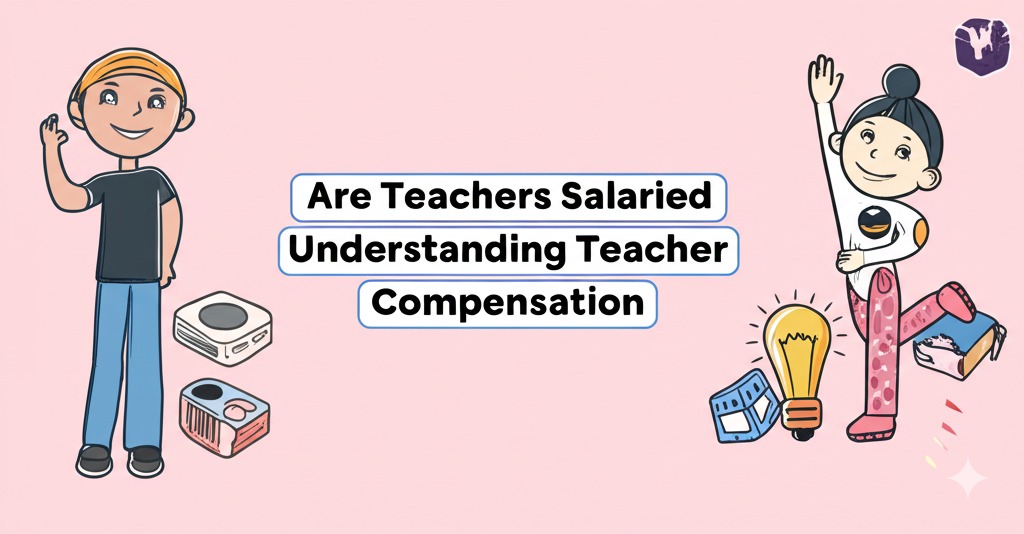
Introduction
Teachers play a vital role in shaping future generations, yet their compensation structure often sparks curiosity and debate. Are teachers salaried employees, or do they work on an hourly basis? Understanding how teachers are paid can help clarify misconceptions about their earnings, benefits, and workload. This article explores the various aspects of teacher compensation, including salary structures, influencing factors, and additional earnings.
Are Teachers Salaried Employees?
Yes, in most cases, teachers are salaried employees. This means they receive a fixed annual salary, which is typically divided into regular paychecks throughout the year. Unlike hourly workers, who are paid based on the number of hours worked, salaried teachers earn a predetermined amount regardless of their weekly workload.
How Teacher Salaries Are Structured
Teacher salaries are generally determined by the following factors:
- Experience – More years of teaching typically lead to higher pay.
- Education Level – Advanced degrees and certifications often result in increased salaries.
- Location – Salaries vary by state, district, and even individual schools.
- Public vs. Private Schools – Public school teachers usually earn set salaries based on district contracts, while private school salaries may differ.
How Often Do Teachers Get Paid?
Teacher pay schedules can vary, but they are typically structured in one of the following ways:
- Biweekly Pay – Some school districts issue paychecks every two weeks.
- Monthly Pay – Others distribute salaries once a month.
- 12-Month vs. 10-Month Pay Schedule – Many teachers choose whether to receive paychecks only during the school year or spread out over 12 months for consistent income.
Do Teachers Get Paid for Summer Break?
One common misconception is that teachers get paid for summer break. In reality, teachers’ salaries cover the contracted school year, usually around 9-10 months. However, some districts offer a 12-month pay option, which simply distributes the same salary across the entire year rather than increasing total earnings.
Additional Compensation Opportunities for Teachers
While base salaries are set, teachers often have opportunities to earn extra income, including:
- Summer School Teaching – Many districts offer summer courses with additional pay.
- Tutoring – Private tutoring can be a lucrative side job.
- Extracurricular Activities – Coaching sports, leading clubs, or organizing events often come with stipends.
- Professional Development – Some teachers earn bonuses for attending workshops or earning new certifications.
Factors That Influence Teacher Salaries
Several factors impact how much a teacher earns, including:
State and District Budgets
Public school teacher salaries are funded primarily by state and local taxes, meaning budgets significantly influence pay scales.
Union Negotiations
Teachers’ unions play a crucial role in salary negotiations, ensuring fair wages and benefits.
Cost of Living
A teacher in New York City may earn significantly more than a teacher in a rural district due to the higher cost of living.
Conclusion
Teachers are salaried professionals who receive consistent pay based on their contracts rather than hourly wages. While salaries vary depending on experience, location, and education level, most teachers also have opportunities to supplement their income through additional roles. Understanding teacher compensation helps shed light on their financial realities and the importance of fair pay in education. If you’re considering a career in teaching, researching local salary structures and benefits is essential to making an informed decision.
Do you have insights or experiences about teacher pay? Share your thoughts in the comments!

Andre Cuevas provides career insights, job search strategies, and professional advice to help individuals navigate the job market and achieve their career goals.





